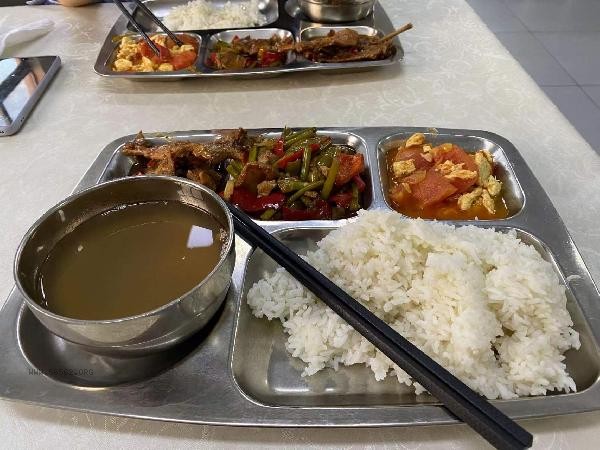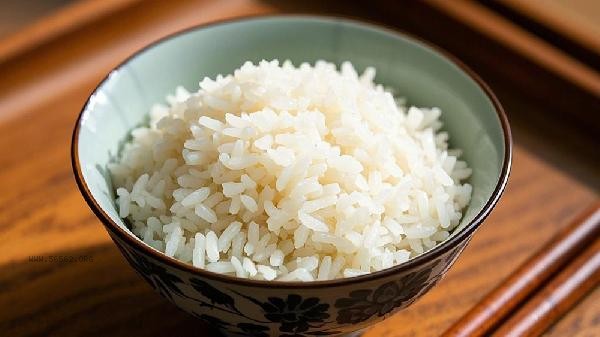Eating rice that is not very cooked usually does not cause major problems, but it may cause gastrointestinal discomfort or indigestion. Incomplete gelatinization of starch may increase digestive burden, and some individuals may experience symptoms such as bloating and diarrhea. When rice is not fully cooked, starch molecules are not completely broken down, and the human digestion and absorption rate will decrease. After entering the intestine, this type of semi cooked rice may stimulate the intestinal mucosa, causing transient abdominal pain or increased exhaust. People with weaker gastrointestinal function or children are more prone to reactions, manifested as mild nausea within 1-2 hours after meals. This situation generally does not require special treatment and can be relieved by drinking warm water and applying hot compress to the abdomen. In rare cases, consuming undercooked rice may trigger bacterial gastroenteritis. When rice is contaminated with pathogenic bacteria before cooking, the undercooked state that has not reached the sterilization temperature may result in residual pathogens such as Salmonella. If symptoms such as persistent vomiting, fever, or bloody stools occur, bacterial food poisoning may be considered. Long term intake of immature starch may also interfere with the normal secretion of pancreatic amylase, increasing the risk of chronic pancreatitis.

During daily cooking, it is important to ensure that the rice is fully gelatinized and the grains are in a fully expanded state. People with poor digestive function can choose easily digestible japonica rice instead of indica rice, and extend the soaking time appropriately when cooking rice. In case of continuous gastrointestinal symptoms, it is recommended to temporarily choose low residue diet such as Mantou and soft noodles, and routine stool examination can be carried out when necessary. Elderly people and infants should avoid consuming any undercooked staple foods to prevent serious complications such as intestinal obstruction.











Comments (0)
Leave a Comment
No comments yet
Be the first to share your thoughts!